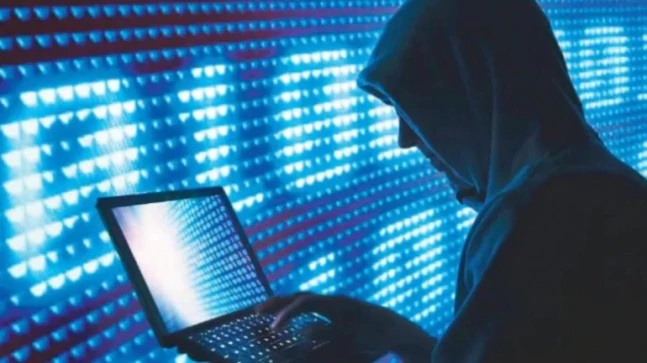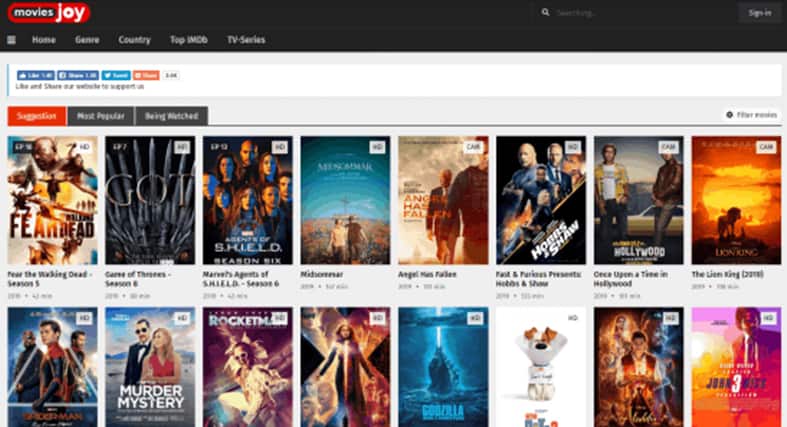Ransomware, which started out from being just a mere virus, has become a multi-million-dollar crime operation that is being used to invade everyone from hospitals to businesses. It has become the go-to hacking tool for cyberthieves as they are using it to invade into a business’s operational structure and fish them for their intellectual property. If you think that you are going to get help from government officials when you are being attacked, think again because you will be on your own. It is up to you to protect yourself against a ransomware attack. In this article, I am going to highlight four ways you can keep yourself safe from ransomware so that nothing goes wrong.
Backup Your Data
The first thing that you have to do in order to make sure that you outwit these attackers is to keep your data safe by making backups of it. When a cybercriminal uses ransomware to get into your system, he decrypts all your data and asks for a ransom if you want to get it back. If you backup your data daily, it won’t matter much if you lose your data to the hackers as you can simply download your backup and continue where you left off. However, you have to keep your backups safe by storing them in a place where hackers can’t reach.
Be Careful When Opening Emails and Links
A common method that hackers use to inflict a computer system with ransomware is by phishing emails and infected links. They will spam you with malicious email in hopes that you open one of them, which will render all your data obsolete. So, you need to train your employees regarding the dangers of the internet so that they understand the difference between a normal and a phishing email. When you are opening email attachments, you should scan them with an antivirus to make sure that it doesn’t contain a virus. Moreover, when you are opening a mail that takes you to a different website, make sure that it is safe and secure so that you don’t regret doing so later on.
Patch and Block
Each organization has some kind of security protocols to prevent hackers from getting into its system. Now, the presence of a firewall of a security system doesn’t necessarily mean that you are totally safe. You need to keep your security system updated with the latest patches as it greatly reduces the efficiency of these attacks. When it comes to phishing emails, you can only do so much to train your employees and teach them how to keep themselves safe. However, in the chain of network security, humans are the weakest links, which is why you can rely on them. Most hackers try to exploit the vulnerability in your network system, so you must keep your plugin up-to-date to minimize these attacks.
Disconnect and Disinfect
Last but not least, if despite all the precautions, you are still infected with ransomware, you need to take some measures to reduce the attack’s efficiency. The first thing that you should do is to immediately shut down your organization’s network operations to prevent the virus from spreading into other computers. After you have completely disconnected, it is time to determine what strain of ransomware infected you so that you can begin disinfecting. If you have not made any backups of your data and your company relies on that data to work, you have no choice but to pay the ransom to the attackers. You may not like doing so, but it is the only way to decrypt your files.








Add Comment